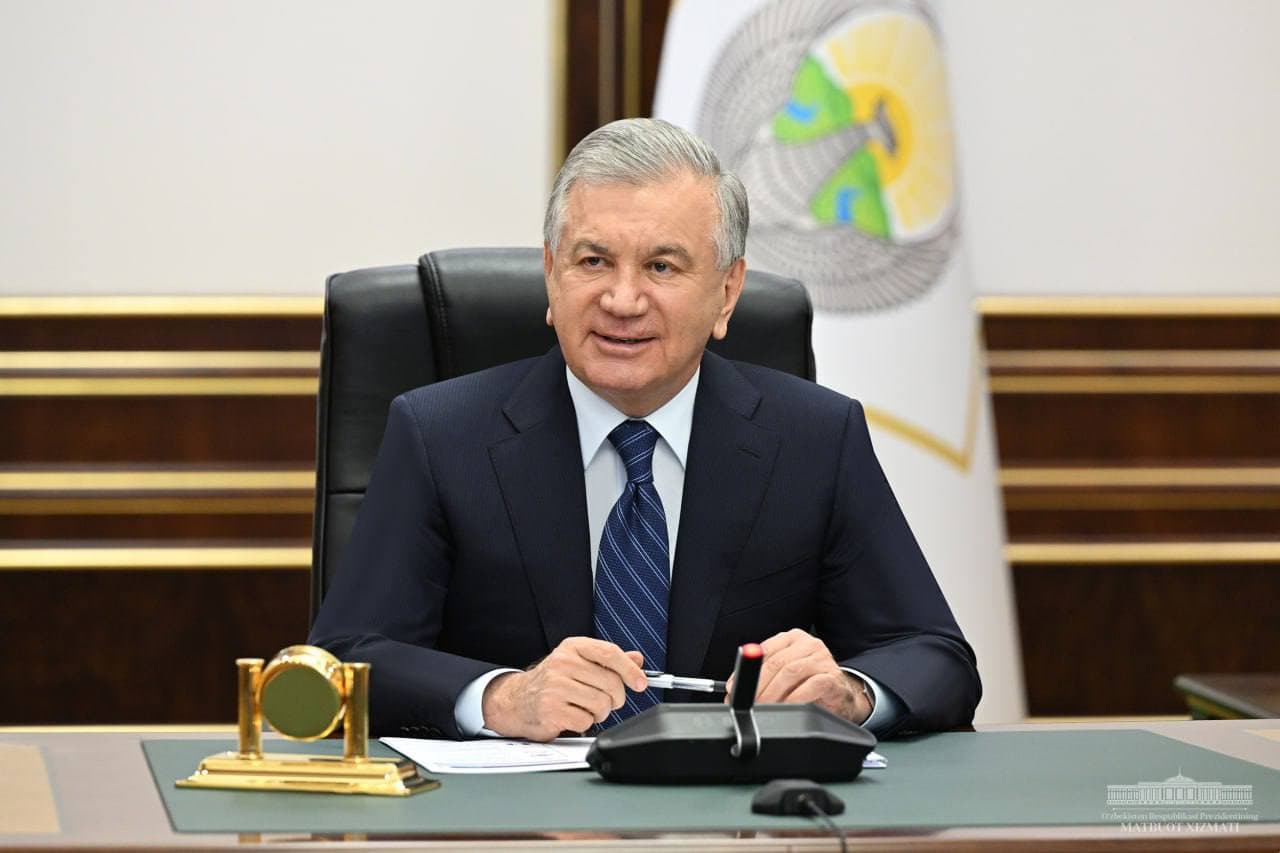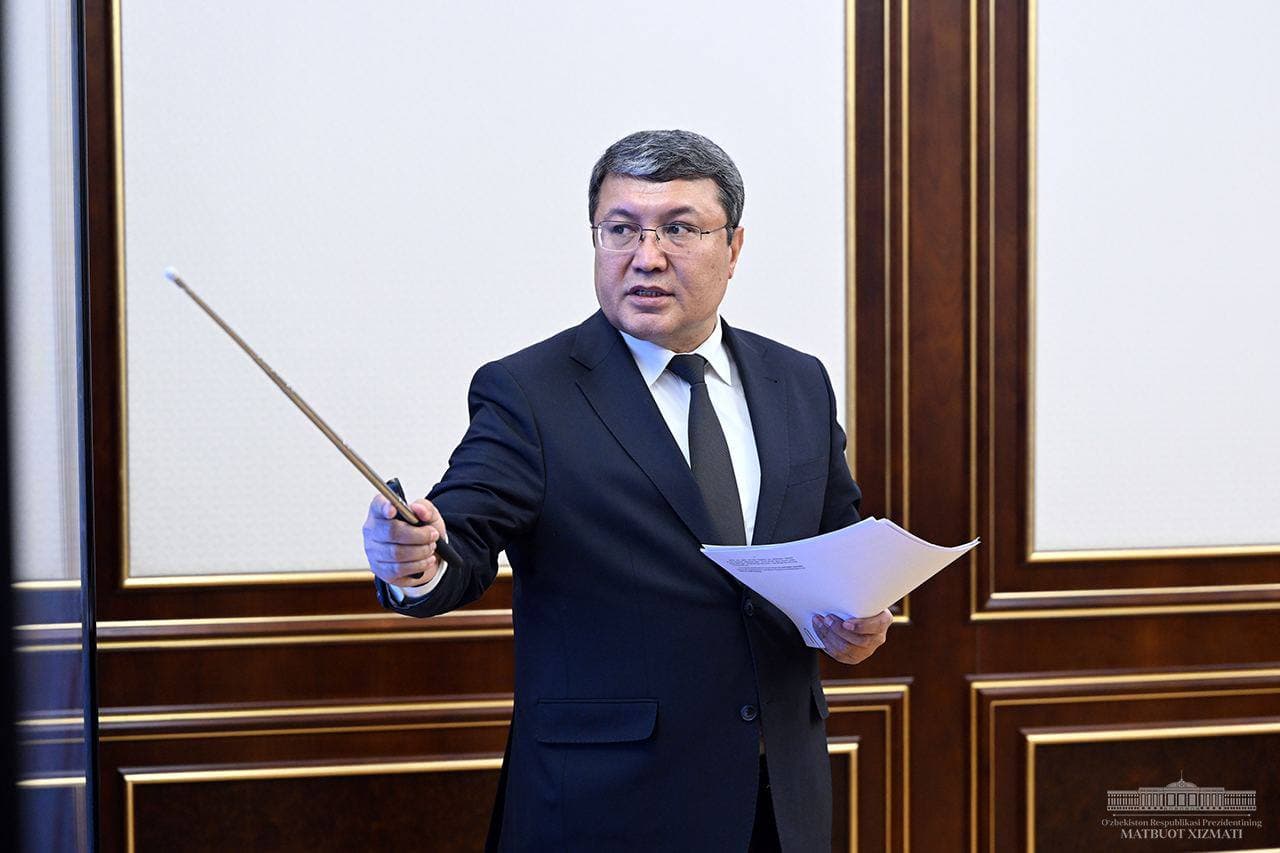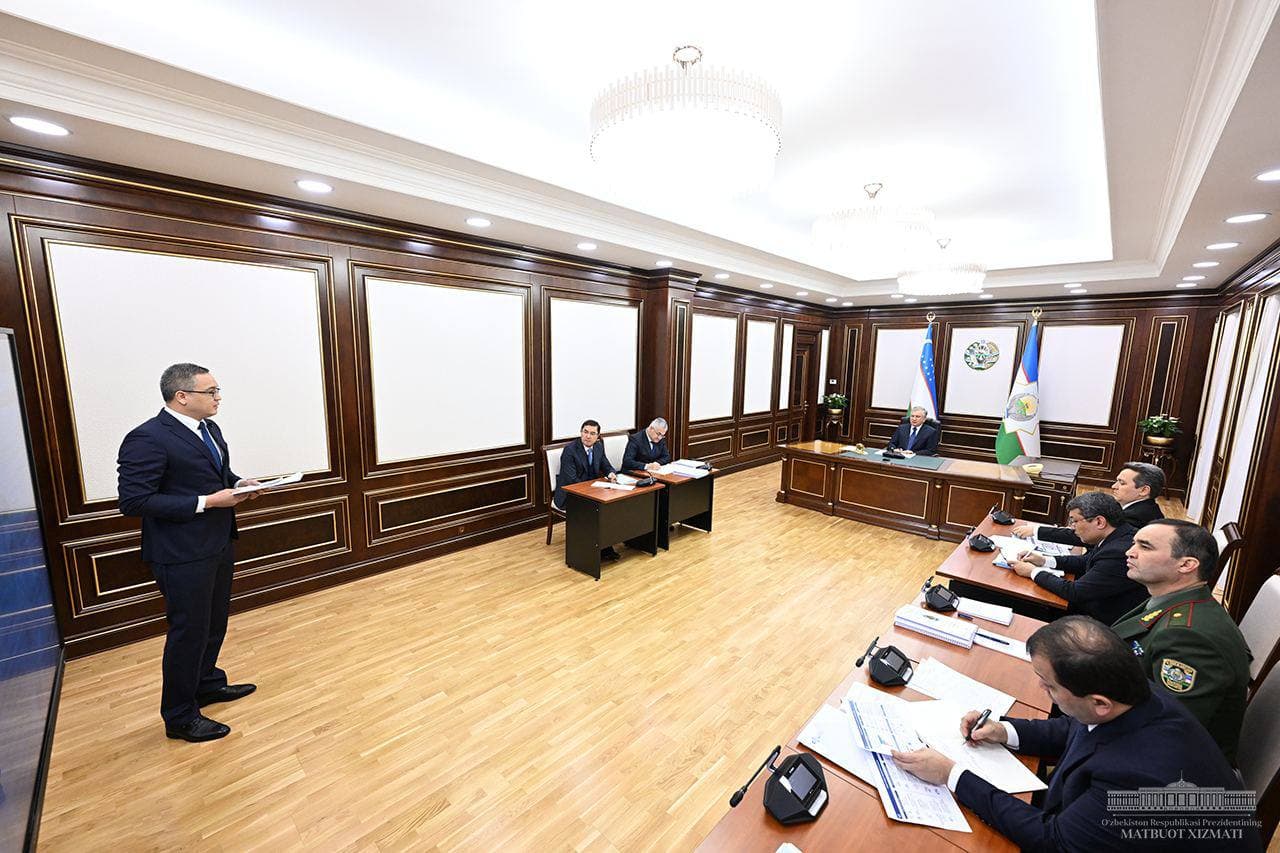Tasks have been identified to improve the technical regulation system
2024-02-27 09:10:00 / Presentations

The Technical Regulation Agency was established in Uzbekistan to reform and introduce modern standardization approaches.
In recent years, 12 thousand standards have been adopted, and testing of 400 types of products has been carried out. As a result, the country entered 40 new export markets.
At the same time, over the past seven years, Uzbekistan’s foreign trade turnover has increased 2.5 times and reached $63 billion. This year, exports are expected to increase by 1.5 times to $25 billion. The goal of joining the World Trade Organization has also been set.
Based on this, the urgent task is to improve the existing technical regulation system, strengthening its role in supporting exports and protecting the domestic market from low-quality goods.
Systemic work is needed to recognize national certificates and increase confidence in the test results of domestic laboratories abroad by replenishing the database of national standards, updating existing ones, and developing new technical regulations in accordance with international requirements.
It is essential to integrate 6 information systems and 2 portals in standardization, improve the qualifications of relevant specialists from ministries and agencies, and intensify the work of industry technical committees.
Proposals developed to solve the problems facing the sector were considered at the presentation.
It was determined that the Technical Regulation Agency would be transferred directly to the Government.
Organizing systemic work to recognize national certificates abroad, establishing strict control over preventing the import of low-quality products, and implementing the requirements of the WTO Agreement on Technical Barriers to Trade will be identified as the main tasks of the agency.
The agency will also be directly responsible for training specialists and improving their qualifications, ensuring transparency in working with the population and entrepreneurs through complete digitalization of the sphere.
The Head of state noted the importance of continuing work to achieve agreements with developed countries on mutual recognition of test results and introducing international quality systems at 1.2 thousand enterprises this year.
It is also necessary to expand the list of products to which the requirements of technical regulations apply, to review and update 19 technical regulations, and to expand work on introducing standards and high-precision measuring instruments.
It was proposed to organize an Information Center on Technical Barriers to Trade within the agency for effective interaction with the World Trade Organization.
The need to attract foreign consultants and train specialists responsible for standardization across industries was noted to increase human resources potential. It was determined that a unified electronic information system “Technical Regulation” will be launched.
Having approved these proposals, the Head of state emphasized the importance of holding on-site meetings with enterprises and entrepreneurs to study their problems and proposals for standardization and ordered the implementation of specific plans for developing standards and creating laboratories.

